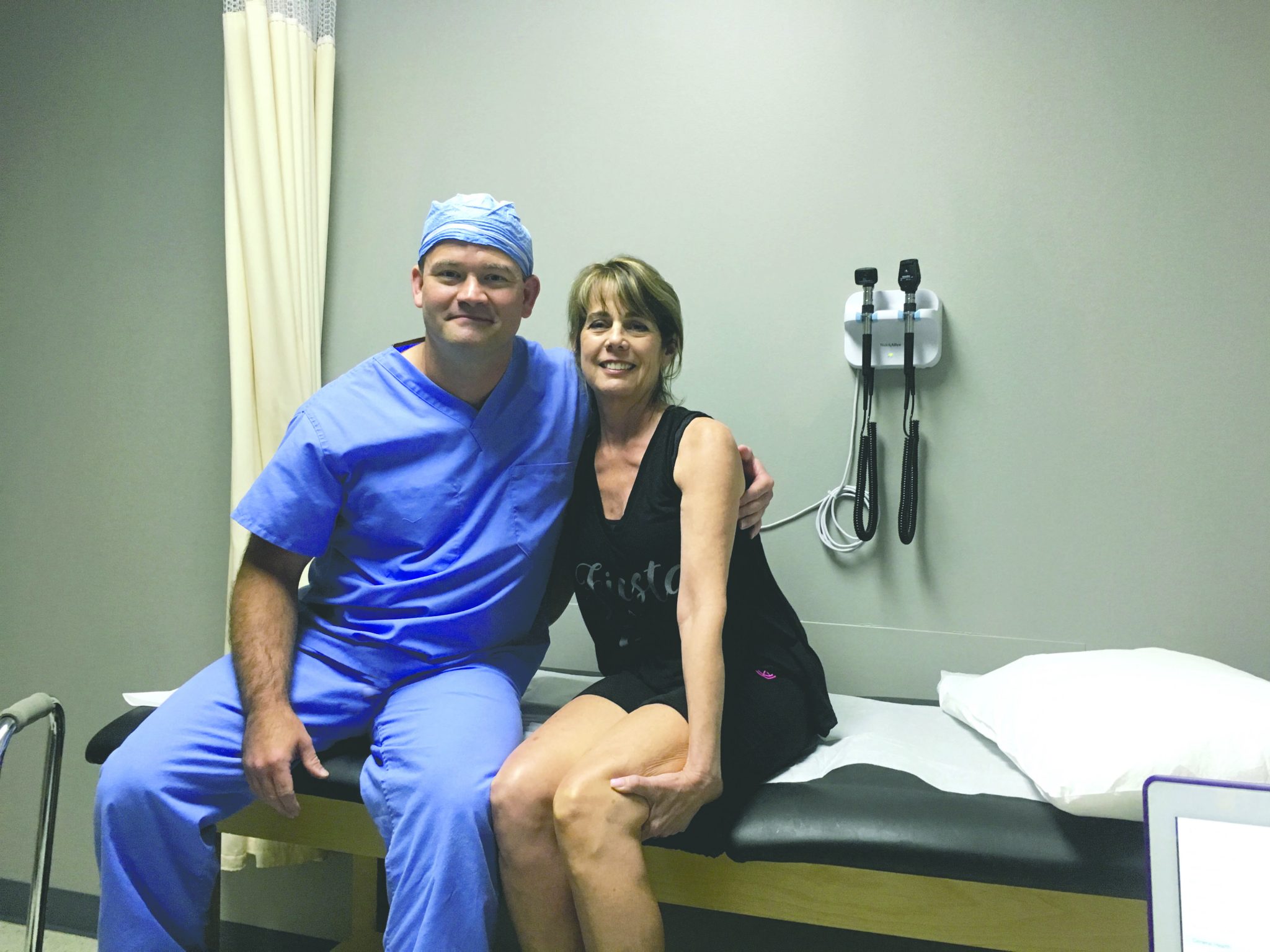707
Woman travels from California for medical procedure in Minden
“There’s nothing we can do for you.”
This hopeless statement of finality was all Karen Battles heard for a year and a half as she tried again and again to find someone
Long-distance healing
previous post



